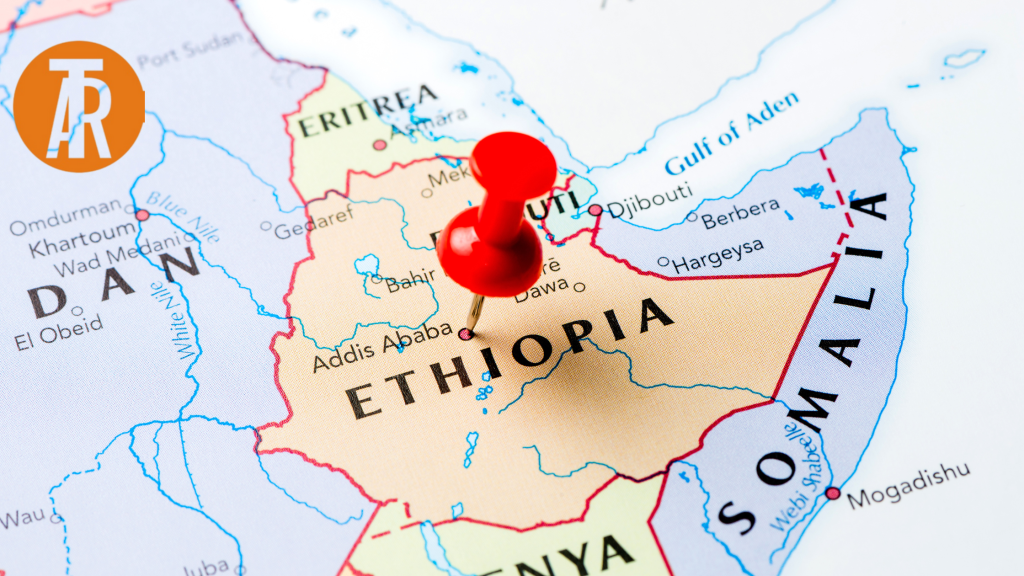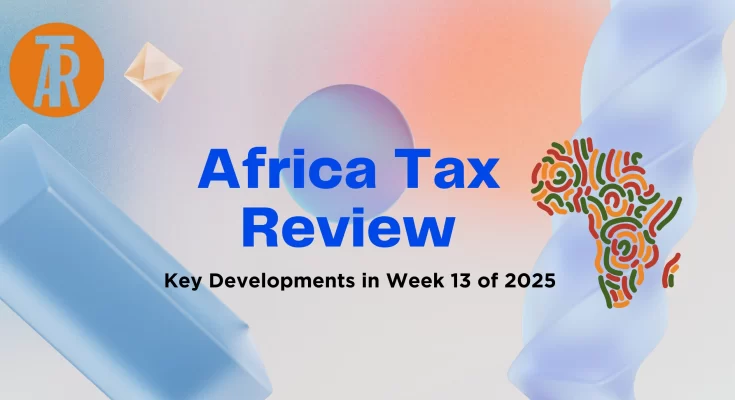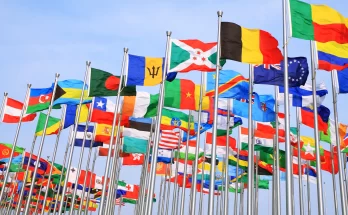Table of Contents
Africa’s tax policy landscape experienced significant shifts in Week 13 of 2025 (March 24–30), with major developments in South Africa, Ghana, Ethiopia, and across regional bodies.
These events underscore the growing importance of responsive tax systems in advancing economic resilience, fiscal transparency, and inclusive governance.
This article outlines these developments, analyzing their implications for tax administrators, policymakers, and businesses across the continent.

1. South Africa’s Controversial VAT Increase: Fiscal Responsibility or Political Gamble?
The South African government reaffirmed its decision to raise the Value-Added Tax (VAT) from 15% to 15.5% effective May 1, 2025, and a further increase to 16% in April 2026. This move, part of broader fiscal consolidation efforts, has attracted widespread political and social backlash.
Finance Minister Enoch Godongwana defended the policy, warning that “abandoning the VAT hike would have severe consequences on budget sustainability” (Reuters, 2025). The increase is projected to boost revenue by R15 billion annually, helping bridge the deficit and support public spending.
However, opposition parties, particularly the Democratic Alliance, have challenged the VAT hike in court, labeling it regressive and detrimental to the poor. This has raised concerns over the political stability of the coalition-led government and its capacity to implement economic reforms (Reuters, 2025).

2. Ghana Repeals E-Levy and Betting Tax: A New Fiscal Paradigm
In a significant shift from prior fiscal policy, Ghana’s Parliament repealed the controversial Electronic Transactions Levy (E-Levy) and the Betting Tax. These taxes, introduced in 2022, were widely criticized for stifling mobile money usage and informal economic activity.
The repeal was championed by Finance Minister Cassiel Ato Forson and President John Mahama, who signed the bill into law on April 2, 2025. The move is seen as part of a broader strategy to stimulate economic activity and rebuild public trust in tax administration (Wikipedia, 2025).
This development also signals a potential shift toward alternative revenue sources, possibly including enhanced property tax frameworks and improved tax compliance measures for the informal sector.
Africa Tax Review: Key Developments in Week 12 of 2025

3. Ethiopia Introduces a Crisis Response Tax Amid Aid Shortfall
Amid a funding vacuum created by the suspension of United States Agency for International Development (USAID) support, Ethiopia’s Parliament introduced a new tax on public and private sector workers to sustain essential services.
This tax will fund the newly established Ethiopian Disaster Risk Response Fund, aiming to fill the $280 million shortfall left by USAID’s withdrawal due to concerns over conflict-related human rights violations in the Tigray, Amhara, and Oromia regions (Associated Press, 2025).
Although the tax is temporary, its introduction raises questions about equitable burden-sharing during crises and the sustainability of donor-reliant budgets in conflict-prone states.

4. Continental Action: Strengthening Corporate Tax Governance
On the continental stage, a regional workshop in Lusaka convened senior officials from African tax administrations to deepen corporate tax transparency and combat base erosion.
Facilitated by the Tax Justice Network, the workshop trained officials on interpreting country-by-country reporting (CbCR) data for more targeted audits. This initiative supports the African Union’s goal of increasing domestic resource mobilization and curbing illicit financial flows.
According to the Tax Justice Network (2025), “access to and use of disaggregated multinational data represents a game-changer for African tax administrations,” offering a strategic tool for uncovering artificial profit shifting.
Conclusion
Week 13 of 2025 has demonstrated the complex interplay of political will, economic necessity, and public accountability in shaping Africa’s tax systems. From South Africa’s VAT controversy to Ghana’s populist reforms and Ethiopia’s crisis tax, the developments emphasize the need for:
- Clear communication of tax policies and their impact,
- Equity in revenue collection frameworks,
- Capacity building in enforcement and analysis tools across tax administrations.
Tax stakeholders—governments, private sector players, and civil society—must remain proactive in shaping reforms that are equitable, transparent, and tailored to Africa’s socio-economic realities.
Olatunji Abdulrazaq CNA, ACTI, ACIArb(UK)
Founder/CEO, Taxmobile.Online




